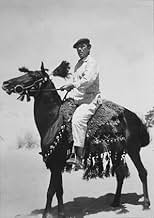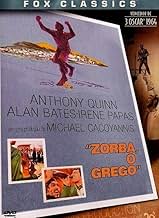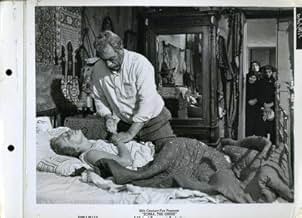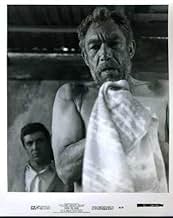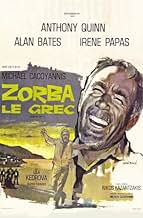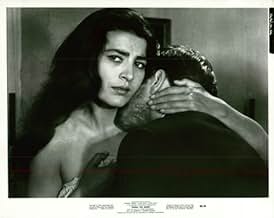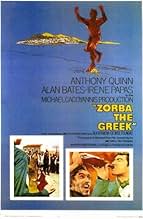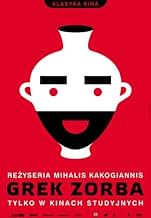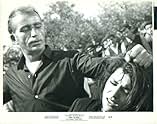A reserved English writer travelling to Crete on a matter of business finds his life changed forever when he meets the gregarious Alexis Zorba.A reserved English writer travelling to Crete on a matter of business finds his life changed forever when he meets the gregarious Alexis Zorba.A reserved English writer travelling to Crete on a matter of business finds his life changed forever when he meets the gregarious Alexis Zorba.



